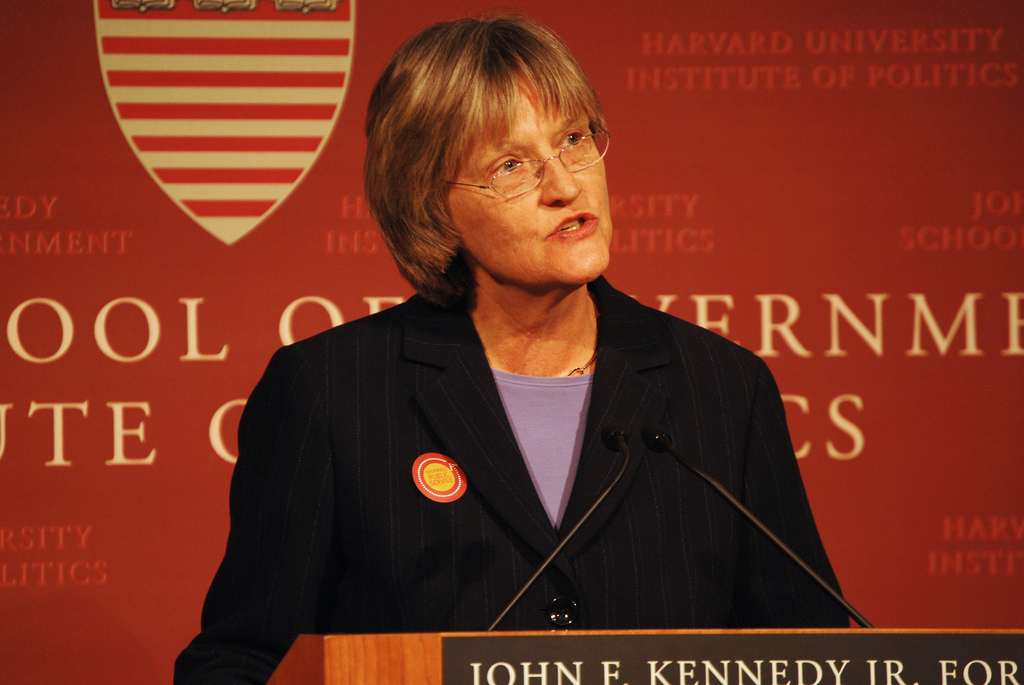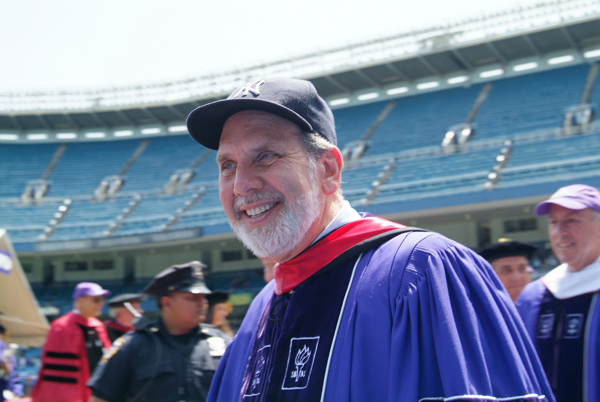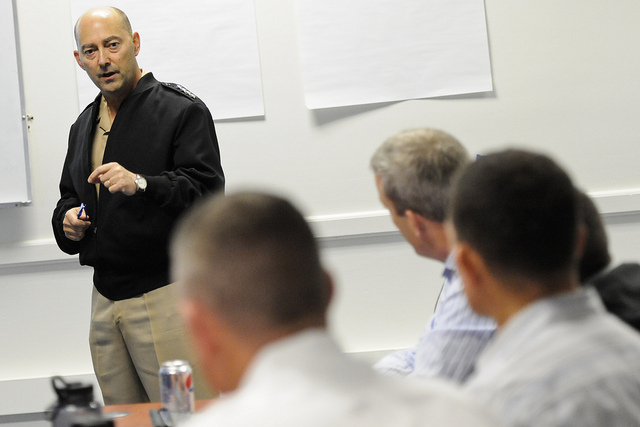increasing access and success
Loss of jobs, underemployment, and hard-to-fill positions are issues that have plagued the American economy since the recession in 2008.
Joe Fuller is a researcher at Harvard Business School and the author of a recent report on closing America's middle-skills gap.
Simmons College in Boston is the third U.S. women’s college – and the second in Massachusetts - to officially accept applications from transgender students.
Simmons has long admitted gender nonconforming students, but is now formalizing its admissions policy and accepting students born female, regardless of their current gender identity, as well as those who were born male and now identify as female.
Massachusetts will need to graduate more college students to meet a growing demand for skilled workers. That's the finding of a report released Tuesday by the Department of Higher Education.
The report, called "Degrees of Urgency," finds by 2020 the number of high school graduates in Massachusetts will shrink by 9 percent. Higher Education Commissioner Richard Freeland calls it the perfect storm.
In an unprecedented broad-based survey, the Massachusetts Institute of Technology polled students about their attitudes and experiences with sexual assault on campus. One in six female undergraduate students who responded to the survey say they've experienced sexual assault on the Cambridge campus, although fewer than 5 percent reported the experience to authorities or to the school.

There's a growing skepticism in this country about whether college is really worth it. Now, one of higher education’s heavy hitters is weighing in on that national debate. On Friday, Harvard President Drew Faust kicked off the university’s campaign to make the case for college, writing an op-ed in the USA Today and delivering a speech to high school students and teachers in Dallas.

The number of adults in Massachusetts with a college degree will decline beginning in 2020. That's according to a new report released Monday from MassINC, an independent Boston think tank.
Ben Forman is research director at MassINC. For decades, says Forman, Massachusetts has been adding thousands of college graduates to the workforce. But, over the next decade, that increase is going to slow down and eventually decline.

New York University offers one of this country's most expensive four-year degrees, and it's only getting more expensive.
John Sexton has been president of NYU for over a decade. During that time, the university's real-estate footprint has grown by two million square feet and it's launched 11 international academic centers. Sexton has faced significant criticism for the direction he's taken the school, and for rising costs. Earlier this year he announced he'll step down in 2016.

This fall, Mount Holyoke College in western Massachusetts became the second all women's college in the U.S. to begin accepting applications from transgender students. The announcement was received positively on the South Hadley campus, but it's also raising questions about Mount Holyoke's identity as the oldest women's college in the country.
Mount Holyoke College in Massachusetts is now accepting applications from transgender students. That means there could be students on campus who are biologically male, but identify as female. Or there could be students who are biologically female, but identify as male.
On Campus recently reported on this new policy change, talking to administrators and students on campus. But we wanted to hear from more voices than we could fit into one radio story, so we reached out to graduates of women's colleges and members of the transgender community. We asked: Does accepting transgender students change what a women's college is? Do you think there's space for exclusivity based on gender in higher education today?











